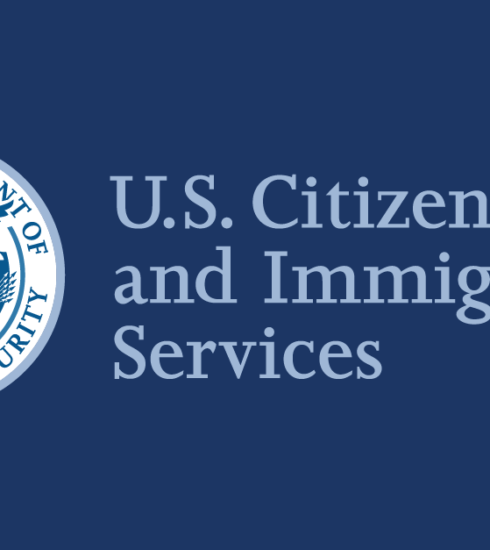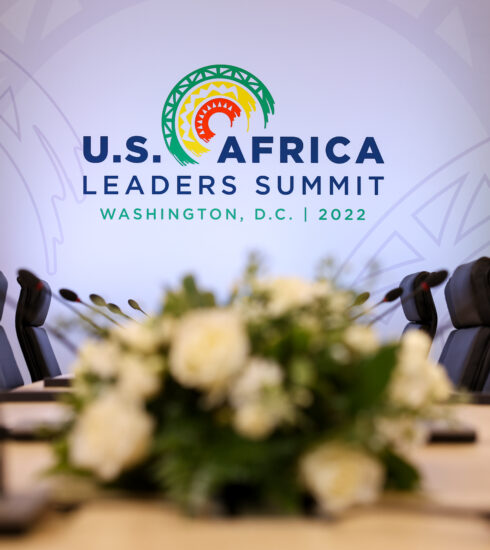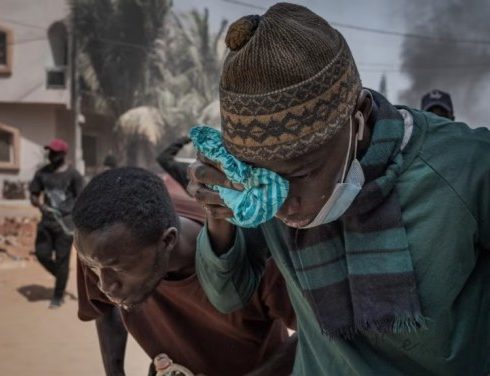It may sound new to many but in December 2013, the United Nations Organization General Assembly adopted a Resolution that established 2015 to 2024 as the “International Decade for People of African Descent”. The aim then was to encourage people to take part in global conversations on the realities faced by people of African descent. It was also to enable the exploration of the challenges faced by people of African descent due to the pervasive racism and racial discrimination engrained in several societies all around the world.
The decade, which started on January 1, 2015, and ends on December 31, 2024, was launched at the United Nations Headquarters, in New York in September 2014 by representatives of the UN member states, international civil society, and other stakeholders. The objectives of the resolution are to respect, protect, and fulfill all human rights and fundamental freedoms by the people of African descent, as recognized in the Universal Declaration of Human Rights. It specifically recommends promoting greater knowledge of and respect for the diverse heritage, culture, and contribution of people of African descent to the development of societies. It also proposes adopting and strengthening national, regional and international legal frameworks on the Elimination of All Forms of Racial Discrimination and to ensure their full and effective implementation.
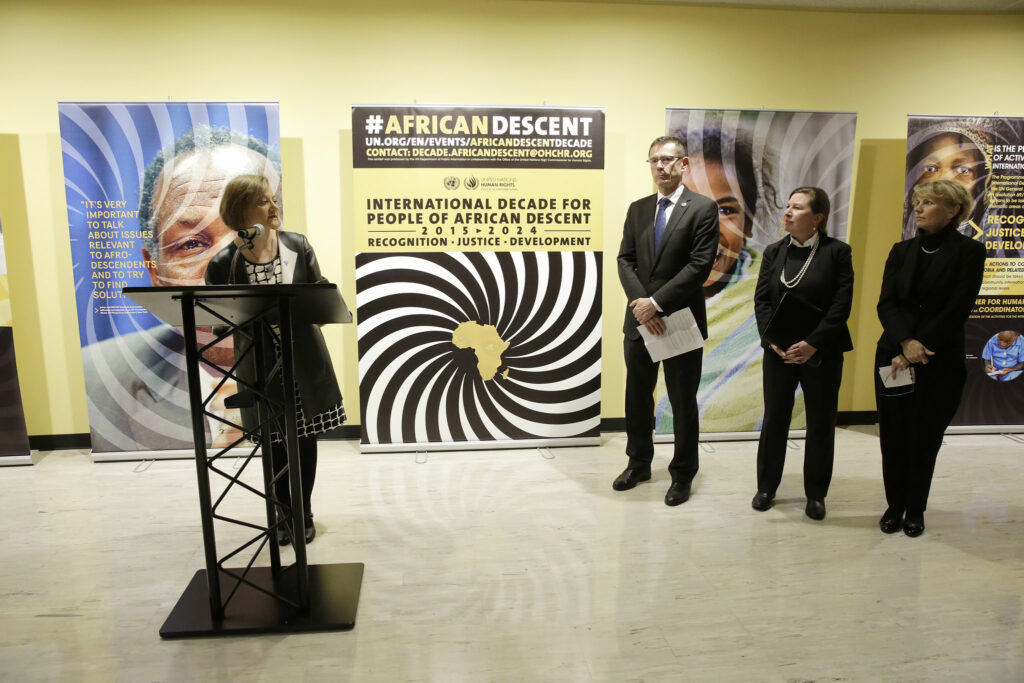
Exhibit Opening International Decade for People of African Descent at the UN HQ on12 January 2016. Photo -UN.org
The seeds of the International Decade for People of African Descent were sown in 2001 with the third World Conference against Racism, which led to the adoption of the Durban Declaration and Programme of Action. The Durban Declaration, in addition to stating that the people of Africa had been victimized by slavery and continued to suffer as a result, called for states to adopt specific steps to help combat racism and xenophobia and to protect its victims. As the decade wears on, the UN has called for these efforts to intensify.
To its credit, the program has been well-received by countries around the globe. In 2017, the Accompong Maroons of Jamaica launched the Door of Return Initiative in cooperation with Ghana and Nigeria, for which Nigeria unveiled the first symbolic monument during its Diaspora Festival in Badagry, Lagos. The initiative involved erecting a series of monuments across Africa to signify the openness of Africa towards the diaspora and was intended to bring new investment to the continent in areas of tourism and sustainable infrastructure development.
On January 30, 2018, the Prime Minister of Canada, Justin Trudeau, announced that the Government of Canada would officially recognize the International Decade for People of African Descent. Trudeau was in fact the first government official in North America to formally announce that his government would support this initiative. In 2018, the government of Canada “committed $9 million over three years for the Department of Canadian Heritage to enhance local community supports for Black Canadian youth and $10 million over five years to the Public Health Agency of Canada to develop research in support of more culturally-focused mental health programs in Black Canadian communities, for a total of $19 million.” In 2019, the Canadian government also pledged to provide an additional “$25 million over five years to Employment and Skills Development Canada for projects and capital assistance to celebrate, share knowledge and build capacity in Black Canadian communities”. To date, the Canadian government remains the only western government that has invested several million dollars to improve the lives of individuals of African descent locally.
In 2018, the Bank of Canada released a new 10-dollar note that featured ” a portrait of Viola Desmond, a Black Nova Scotian businesswoman who challenged racial segregation at a film theatre in New Glasgow, Nova Scotia, in 1946″. According to the bank of Canada’s website Viola Desmond’s “court case was an inspiration for the pursuit of racial equality across Canada. Viola’s story is currently part of the permanent collection at the Canadian Museum for Human Rights”. Viola’s “act of defiance happened nine years before Rosa Parks refused to give up her seat on an Alabama bus”.
In September 2018, Ghanaian President Nana Akufo-Addo launched “Year of Return, Ghana 2019”. The intent of this initiative was to encourage individuals of African descent to go to Ghana in order to settle and invest in the country and the continent at large. Several prominent individuals, including but not limited to Idris Elba, Boris Kodjoe, Naomi Campbell, Steve Harvey, Cardi B, T.I., Ludacris, Akon, Rosario Dawson, Diggy Simmons, Jidenna, and Nicole Ari Parker, visited Ghana during the first Essence Full Circle Festival in Ghana in 2019. The initiative appeared to give the tourism sector a boost as Ghana issued 800,000 visas in 2019 for visitors mainly from the Americas, Europe, and other African countries.

In 2019, Jamaica’s observance of the International Decade for People of African Descent was launched by Prime Minister Andrew Holness in Kingston, Jamaica. The Jamaican Prime Minister alongside his Kenyan counterpart Uhuru Kenyatta who was in attendance jointly announced their commitment to work together to activate initiatives that form part of the declaration. It’s been unfortunate though that not much has happened in both countries to honor that pledge.
The Decade was officially launched in Berlin, Germany in July 2016. The launch which was jointly organized by the Central Council of African Communities in Germany, the Federal Anti-Discrimination Agency, and Engagement Global has as its theme “Human Rights in Practice: Experiences of People of African Descent in Germany”. The event which had speakers in attendance speak about the plight of people of African descent in Germany saw an admission from German speakers regarding the institutional hardships faced by citizens of African Descent.
In collaboration with the Central Council of African Communities in Germany, the Initiative of Black People in Germany, and other civil society groups, the Kaneza Initiative for Dialogue and Empowerment coordinates the activities for the implementation of the Decade in Germany.
The United Nations Organization on its part has organized activities, events, and forums and created various bodies in observance of the International Decade for People of African Descent. In 2021 it created the Permanent Forum of People of African Descent and in December last year, the forum had its first session in Geneva, Switzerland.
The meeting, which was the first time members of the Forum, created in August 2021, were able to come together and talk about how government policies across the world are affecting people of African descent, focused on strategies to combat systemic racism, racial discrimination, xenophobia, and related intolerance.
An ecumenical delegation composed of five members from the National Baptist Convention USA Inc, the United Methodist Church; the Evangelical Lutheran Church in America, and the United Church of Christ also attended the first session of the Permanent Forum for People of African Descent.
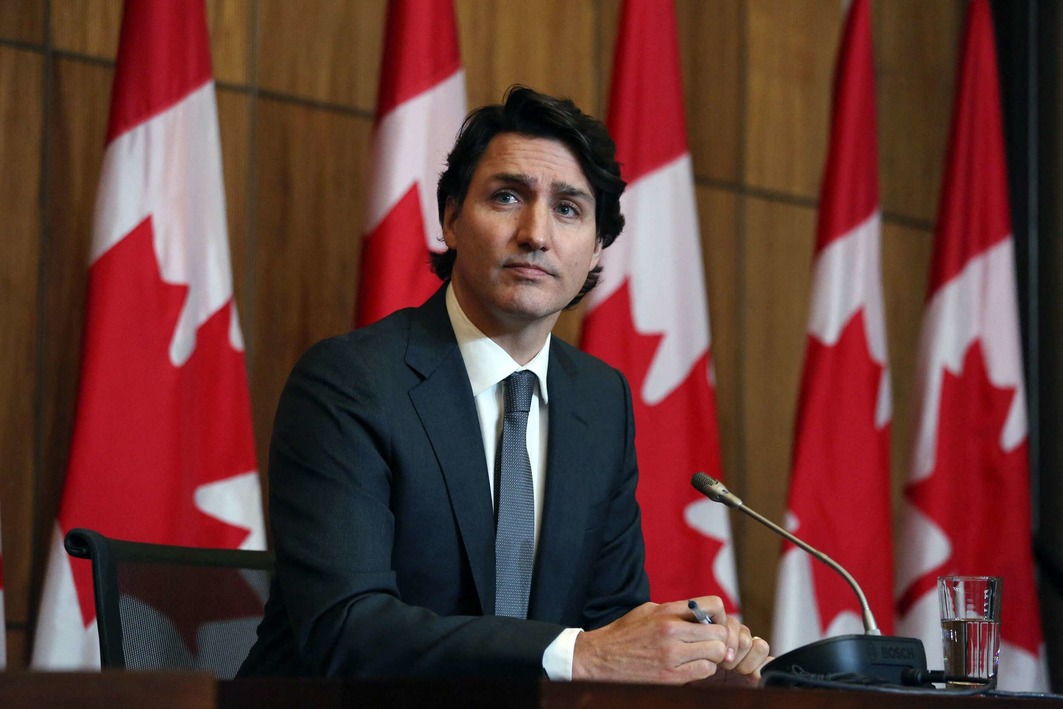
Canada’s Prime Minister Justin Trudeau is one of the few world leaders who have taken concrete steps in celebrating the International Decade for people of African Descent. Photo- NBC News
On the margins of the forum, the ecumenical group had private meetings with UN leaders to raise issues of concern in relation to racial justice and affirm the ecumenical movement’s readiness to collaborate in future work. Rev. Dr. Angelique Walker-Smith, WCC president from North America, reflected on the importance of accompanying all UN mechanisms to eradicate racism, xenophobia, and related discrimination.
Several church members from around the world from South Africa, Solomon Islands, Cameroon, Jamaica, Nigeria, Angola, Portugal, the Netherlands, and the USA, attended online and sent their comments and statements to the forum.
At the end of this year 2023, forum representatives will be submitting a report and raising issues with U.N. governing bodies about methods for tackling some of the issues Black people face throughout the world.
It’s been a shame though that the U.S., French, Australian, and UK governments up till this moment have made no plans to observe this decade or even acknowledge it. On the flip side, it shows the readiness of the world to move on critical issues without the input of the so-called “major players”.
While the International Decade for People of African Descent will be coming to an end at the end of 2024, it behooves Black people of African Descent around the world to continue to strive for the very best in their respective societies. While the process that has brought people of African Descent to this point seems torturous, tasking, and thankless, the end game is to ensure that Black people no longer have to live in a world where they are treated as second-class citizens.




